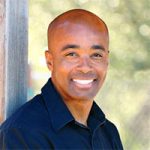
Barry Franklin
The blog provides specific information to help you decide if forensic science is the right choice for you. With the inside scoop on forensic science professors, schools and training programs, as well as detailed information on the steps and requirements to become a forensics professional, the ForensicsColleges.com blog is a fine place to begin your research.
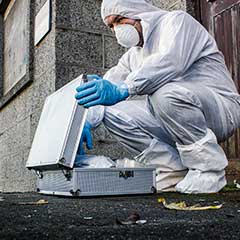
There’s no shortage of crime-fighting TV shows where protagonists brandish the latest forensic science techniques. Whether it’s DNA testing, tool mark identification, bite mark measuring, or blood spatter analysis, it’s assumed that these methods are reliable, consistent, and valid measures of criminal activity.
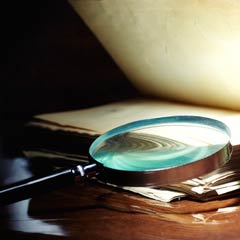
A criminalist collects, documents, preserves, and examines the physical evidence at a crime scene, which could be something as huge as a bus, or as tiny as a pollen grain; criminologists, on the other hand, study why crimes occur, how they can be prevented, and the effects they have on a society.

Did you know that just 54 percent of lies can be accurately spotted? Extroverts also tell more lies than introverts and at least 82 percent of lies go undetected. The good news, however, is that people can improve their lie detection abilities, increasing them to near 90 percent accuracy. But how do you get started?
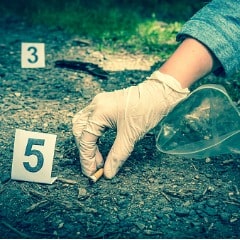
Forensics is an exciting field no matter the era in which it’s practiced; there’s always a little more than meets the eye. To get a quick look at the history of forensics and the crimes it solved as well as committed, read on.
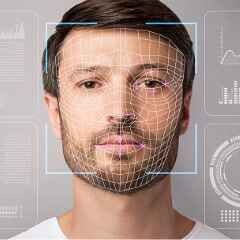
Facial identification is one of the newer, sharper arrows in the forensic scientist’s quiver. Like fingerprint and DNA analysis, it draws from unique biological markers to identify suspects, victims, and persons of interest. In an increasingly recorded world, the applications of facial identification are vast, and AI and machine learning innovations are making the process quicker and more exact.

Cognitive science has already been integrated with several other high-risk fields such as medicine, air traffic control, and nuclear power. But a series of failures within the forensic community—many of which came into view with the advent of DNA profiling—have now demonstrated the need for cognitive research into forensic practices, too.

In 1972, the outcome of Furman v. Georgia put a nationwide moratorium on the practice of capital punishment in the United States. Three years later, however, Gregg v. Georgia gave states the right to reinstate the death penalty upon fulfillment of certain conditions. In the 46 years since that ruling, a number of cases have challenged the use of capital punishment, but it has been upheld by the Supreme Court, allowing for the execution of over 1,500 people since 1976.
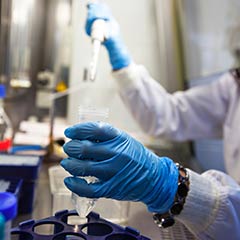
Forensic toxicologists work in laboratories, often those operated by government agencies or law enforcement, to identify chemicals and compounds that could have contributed to crimes or have other administrative or legal consequences. This can include identifying illicit substances in bodies that may have been the victims of foul play, performing administrative drug testing, or identifying hazardous chemicals in the environment.

Barry Franklin
Before co-founding Sechel Ventures Partners LLC, Barry Franklin was a VP at a Silicon Valley software company. He is an investor and advisor for DataSimply and Impellia. Barry believes that education and lifelong learning are paramount. Barry met his wife at Carnegie Mellon University and they have two beautiful daughters. He also volunteers for various committees at his kids’ high school.